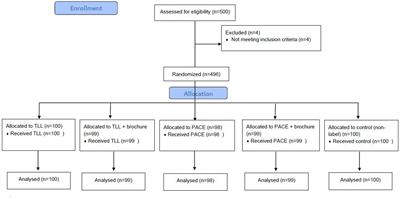EDITORIAL
Published on 28 Jan 2025
Editorial: Industry and individuals: branding, labelling, and marketing of food products
doi 10.3389/fnut.2025.1555875
- 369 views
7,421
Total downloads
35k
Total views and downloads
EDITORIAL
Published on 28 Jan 2025
ORIGINAL RESEARCH
Published on 17 Dec 2024
ORIGINAL RESEARCH
Published on 03 Oct 2024
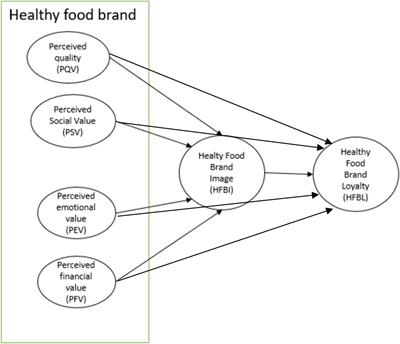
ORIGINAL RESEARCH
Published on 22 Mar 2024
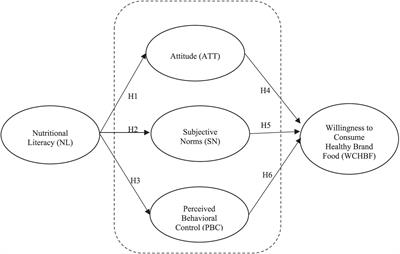
ORIGINAL RESEARCH
Published on 01 Mar 2024

REVIEW
Published on 14 Feb 2024

ORIGINAL RESEARCH
Published on 07 Feb 2024
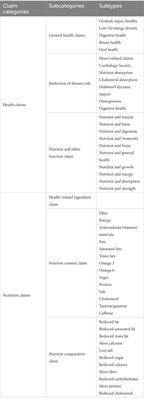
ORIGINAL RESEARCH
Published on 15 Jan 2024
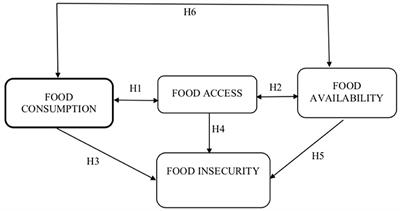
ORIGINAL RESEARCH
Published on 05 Dec 2023

ORIGINAL RESEARCH
Published on 14 Nov 2023
